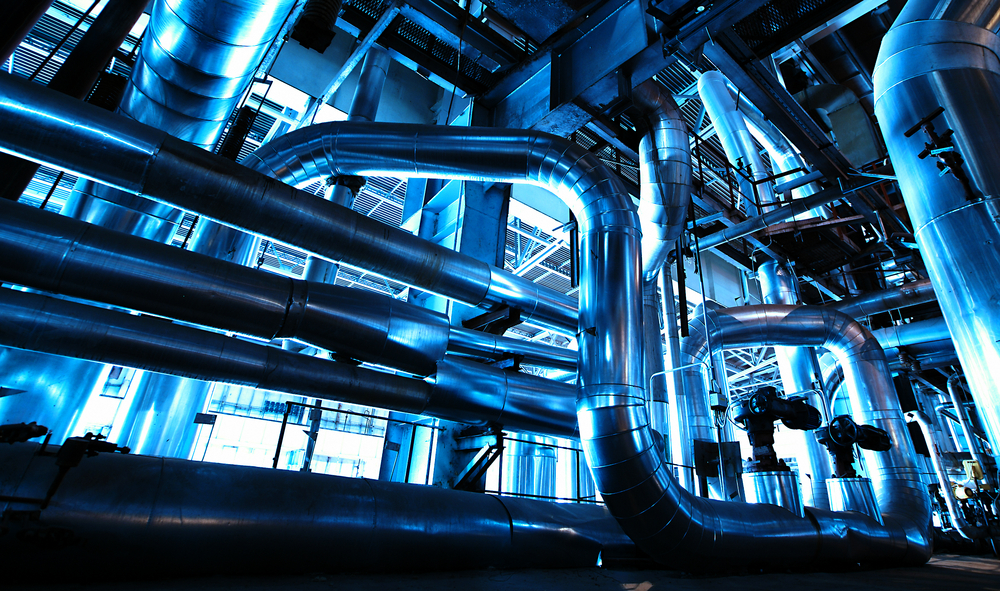Overlooking the importance of your commercial plumbing system can lead to severe problems and cost you a lot of money. Preventing commercial plumbing issues will help to keep your business open and functional. The plumbing system undergoes constant wear and tear. Preventive maintenance will help to increase its service life. Here are six essential commercial plumbing tips.
Schedule Regular Maintenance
Scheduling regular preventive maintenance, inspections, and check-up will prevent commercial plumbing issues. The size of the building and the number of occupants will determine the frequency at which you will conduct routine maintenance. Typically, a high volume of traffic means that you have to perform more frequent maintenance check-ups.
The age of your drain pipes will also affect how often you perform maintenance checks. Older pipes will require servicing more frequent than new plumbing. A professional service technician will perform the following services during the maintenance visit.
- Run all plumbing fixtures to make sure that all drains are working properly
- Run diagnostics to check for silent leaks
- Ensure there adequate hot and cold water usage
- Check the pressure gauge for water pressure
- Ensure all shutoff valves run effectively
- Check for signs of backflow in the water system
Choose a reliable, professional plumber that you can consistently deal with. A plumber familiar with your commercial plumbing system can help repair, replace, or upgrade your system. Build a strong professional relationship with the plumber and ensure there are properly licensed and insured.
Fix Plumbing Issues Early Enough
If you notice any issue with your plumbing system, have the problem fixed as soon as possible. Minor plumbing issues can develop into significant problems if left unchecked. You can walk around the commercial building to look for any signs of water leakages or damages. Small leakages can become worse due to the wear and tear on the systems.
Protect Your Pipes
Frozen pipes can cause a lot of issues in your commercial building. Ensure that you fit the pipes with proper insulation to prevent them from busting during the cold months. If the pipes are too old, you may need to replace them with new pipes. This will make your plumbing system safer and less prone to damage. This will also ensure that they last longer.
Unclog Drains
Clogged drains can lead to a messy overflow. Materials such as food waste, leaves, grease and other solid waste can block the drains. Tree roots can infiltrate drain pipes causing damages and leakages. Pouring a mixture of hot water and vinegar down the drain can help dislodge debris buildup. A professional service technician can also help to unclog your drains.
Be Careful of what gets Flushed
Issues with the drain can originate when so many things are flushed in the toilet. Toilets are designed in such a way that only human waste and toilet paper should be flushed. Ensure that you communicate to the building occupants on the dangers of flushing substances. You can put up signs on the wall to remind people to avoid potential plumbing issues.
Water Management
If your pipes are subjected to hard water for prolonged periods, they end up collecting heavy mineral deposits. The buildup of mineral deposits can decrease water pressure and lead to the formation of clogs. It can also lead to corrosion that in turns causes water heaters to fail. Installing a water softener in your commercial building will help to improve the quality of your water and prevent minerals from clogging your pipes.
The water pressure in your commercial building can lead to plumbing issues. Water pressure is the amount of force the water comes out of your showerheads and faucets. You can install a pressure regulator to maintain your water pressure at a safe level. Water pressure can be measured using a pressure gauge.
Finally, have emergency contacts for your plumbers. This will make sure that you can reach them easily when you require emergency services. Maintaining your plumbing system will give you peace of mind and help you save money in the long run.




